The transitioning SGi e-board talked to students about how much of the over $12,000,000 St. John’s University received from the CARES Act will go to students, the Emergency Aid Fund form that students can no longer access, the Return to Campus Task Force and a lack of communication between administration and the student body in the public forum last Friday.
In lieu of an in-person meeting, the newly elected, transitioning Student Government Inc. (SGi) executive board hosted a virtual public forum via a Zoom conference call on Friday, May 1, to address student concerns and questions. The “State of the University Roundtable Discussion” was led by president-elect Patrick Kohn and the rest of the e-board, with attendance from multiple College Representatives and approximately 10 students.
The forum began with an introduction from Associate Professor and member of the Equity and Inclusion Council, Susie J. Pak, who discussed the creation of the Return to Campus Task Force (RCTF). Pak is also a member of the 150th Anniversary Celebration Task Force, an initiative put forth by the University originally intended to celebrate the University’s anniversary beginning in September.
“The good thing about [the RCTF], is that you saw with the reopening, they’re supposed to be gathering data. They’re supposed to be gathering suggestions,” Pak said.
Pak also highlighted the limitations of those on the Task Force. “They are not the ones who make decisions,” she said. “Obviously, if someone doesn’t bring up the issue or talk about the important questions, and if they are not talking to you directly, then they are just not going to know.”
“Our E-Board is scheduling meetings with members of the new Task Forces the University has announced,” president-elect Kohn said in a statement to the Torch via email. “As these Task Forces are responsible for collecting information to help the administration address COVID-19, it’s necessary that they are receiving student input. As we hear student concerns through forums, personal conversations and DMs, we can provide input to these Task Force members.”
The main focus of the forum was addressing the CARES Act, more specifically the Higher Education Emergency Relief Fund that has been established under the CARES Act. Under this act the federal government is providing institutions of higher education with funds to give students one-time financial aid emergency grants. Students received an internal communication from the St. John’s Office of Financial Services on Thursday, April 30, regarding the CARES Act. The explanation of the CARES Act during SGi’s roundtable was led by Julia Betancourt and Amy Ackel, newly elected Vice President and Treasurer, respectively.
According to SGi’s powerpoint presentation during the forum, which is accessible through SGi’s Instagram (@sjusgi), the Queens campus received $12,191,880 and the Staten Island campus received $1,357,136 under the CARES Act. Both campuses are required to allocate a minimum of 50 percent of the funds directly to the students, as stated in Section 18004(a)(1) of the CARES Act.
Betancourt and Ackel also explained that students must meet certain eligibility requirements in order to receive aid from the CARES Act — more specifically, the student must be eligible for the Free Application for Student Aid (FAFSA). Though not directly stated in the CARES Act, SGi stated in the powerpoint that this requirement excludes DACA recipients, international students and undocumented students.
St. John’s also created a grant separate from the CARES Act Emergency Grant, titled the “St. John’s University COVID-19 Emergency Grant.” The requirements for eligibility for this Grant are the same, though the student must also be in good academic standing, however Betancourt noted that the requirements for “good academic standing” have not yet been set by the University . Betancourt also raised concerns for these requirements, as they may potentially exclude many students that need aid.
“Why would they put the same federal restrictions that continue to exclude all these communities that just as well as deserving of aid and need it?” Betancourt asked.
Ackel agreed, raising the question of how the University is planning to support people who do not receive federal aid. “Currently they are excluding a lot of people who I feel like are more at risk because I personally know a lot of immigrant families that can’t get higher paying jobs because of their status as immigrants,” she said.
The SGi e-board announced on April 27 that they would also be making their own financial contribution on behalf of Student Government, donating $70,000 to the “Student Emergency Fund,” separate from the COVID-19 Emergency Grant and funded by donations. This public announcement, however, comes three weeks after the donation actually took place, according to Secretary-elect Natasha Villa.
“SGi posted the $70,000 donation three weeks after it happened, which is the first fault. And then, the day after, we finally publicize it on the Instagram.”
The link to the Basic Needs Form that the Student Emergency Fund could be accessed by was then shut down on April 28, just one day after SGi updated its bio to include the link. “The day after, we were forced to take down the link,” Villa continued. “They said that the link would be taken down for now, and a new one would be up soon. We are told this by our advisor, [Jack Flynn]. He said that the heads of Student Affairs … told him to tell us – they didn’t even tell us themselves – that we had to take it down because they said that it would crash. After that, we didn’t really get any explanation to it.”
The landing page for this link now says, “At this time, we are unable to accept additional submissions for the Basic Needs Form. The grants are donation funded and we are grateful to the many that supported this fund.” Without the link, there is no way for students to gain access to the application for the Student Emergency Fund.
In a statement to the Torch, University Spokesperson Brian Browne said, “The fund was temporarily shut down and will be reopened shortly. A portion of funds raised during #GivingTuesday held on May 5 was earmarked for this program and will be used to help replenish the ‘Emergency Aid Fund,’” Browne said. “Throughout the academic year, there are a variety of internal and external resources and funding lines dedicated to assisting St. John’s students in times of crisis and this is just one of them.”
“Any student that is experiencing any sort of need should reach out to the Office of Student Affairs.” Browne said.
Sophomore Tauryn Brown described her situation involving the Basic Needs Request and its subsequent takedown during the forum and later gave the Torch permission to be quoted. She was on the phone with University Career Services the day the link was shut down. Brown was told that she would be able to fill out the form as many times as she needed whenever it was again made available and that she would continually be considered.
Brown received $250, but said during the forum, “When I sent the link to my friend she told me it doesn’t work. This was literally the same day.”
Also present at this meeting were representatives from Students of Consciousness (SOC), who were in attendance to help facilitate conversation, later speaking on a lack of communication between administration and students.
“For the last few weeks, our E-Board has attended Zoom calls hosted by Students of Consciousness where students have been able to tell both SOC and our E-Board what aid they need but haven’t received, what questions they have for the administration and concerns they wish to be passed on by us.” Kohn told the Torch.
SOC hosted such a public forum via Zoom on April 25, where the incoming SGi e-board made its first public appearance since winning this year’s elections. This forum was also meant to serve as a “public call” to address student concerns and needs in regard to the University at this time, according to a post on the organization’s Instagram account on April 21. The Torch was told by SOC via an Instagram direct message that they did not “consent to [the] Zoom call being reported on in any way” despite it being advertised to students as a public call. At SGi’s roundtable event on Friday evening, News Editor Alicia Venter was also asked by Kohn not to directly quote students without their permission to protect their privacy.
“If you know that you’re going to be sharing a story, know that it’s in the context of this meeting and that it’s not going to be taken out or published outside of this without you being directly and personally asked,” Kohn said to those in attendance at the start of the meeting.
The new e-board expressed its desire to increase communication between administration and students, which the e-board said they considered to be particularly weak, especially during the COVID-19 pandemic.
In an email to the Torch, Kohn elaborated on the chain of communication between students and administration, which has remained the same during the COVID-19 pandemic.
“The SGi E-Board is responsible for composing formal questions on behalf of the student body to present to the administration, the E-Board then brings those questions forward to the SGi advisor, Jack Flynn,” Kohn said. “Jack Flynn is then responsible for sharing those questions with higher administration and those who can answer them.”
“Our E-Board has started requesting for direct communication with multiple administrators and faculty, and is not only leaving it up to communication with our advisor about issues. We believe it is necessary to involve as many individuals in our conversations as possible, especially as different individuals may have different answers or input to give us. We also believe that the SGi E-Board should be in contact with multiple administrators at a time because in order for administrators to do their job most effectively, they must be doing so with direct input from the student body.” Kohn continued.
Kohn also told the Torch that on May 2 the e-board sent a list of 23 questions to Flynn to be answered by administration. According to Kohn, the questions on this list have come from student concerns that have been raised in SOC Zoom calls, SGi’s own Zoom forum and other conversations with students. This includes questions regarding the CARES Act, other financial questions, mental health questions and questions regarding SGi’s budget. This list of questions can be found on both SGi’s Instagram and the H.E.A.T. ticket’s Instagram (@voteheat).
In an attempt to increase communication with the student body, the new SGi e-board has created a Remind group, which allows them to send mass communications via text messages to all who have signed up.
“It’s going to be the quickest way for you guys to get information from us, because it’s on my phone. It’s on everyone’s phone,” Villa said during the forum.
Before the end of the semester, SGi plans to release a survey in order to learn how students have been affected by the COVID-19 pandemic; more specifically how students have been “financially, academically, psychologically, socially and physically affected by being sent home,” and “how the University is or isn’t helping them,” according to Kohn.
“Our hope with this survey is to collect data on how students are struggling post-campus evacuation in order to bring the needs of the students forward to the University administration to be addressed,” Kohn said.
SGi plans to hold multiple Zoom meetings, promoted via their Instagram, throughout the summer. For questions or updates, students can visit SGi’s website or email [email protected].
As of May 10 the Basic Needs Form is receiving submissions and can be accessed at https://sju.formstack.com/forms/basicneedsinfo














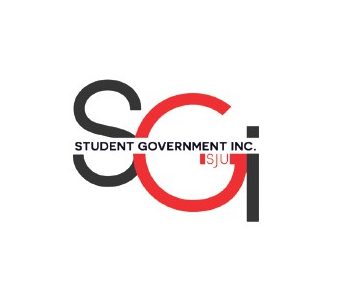
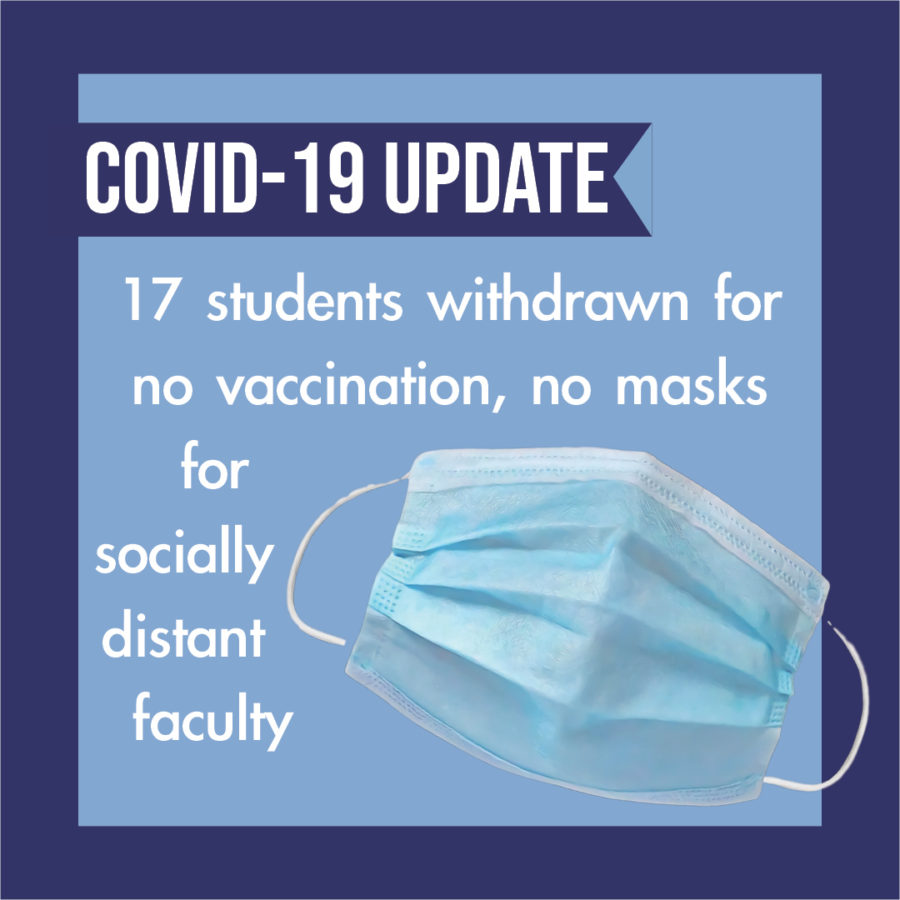

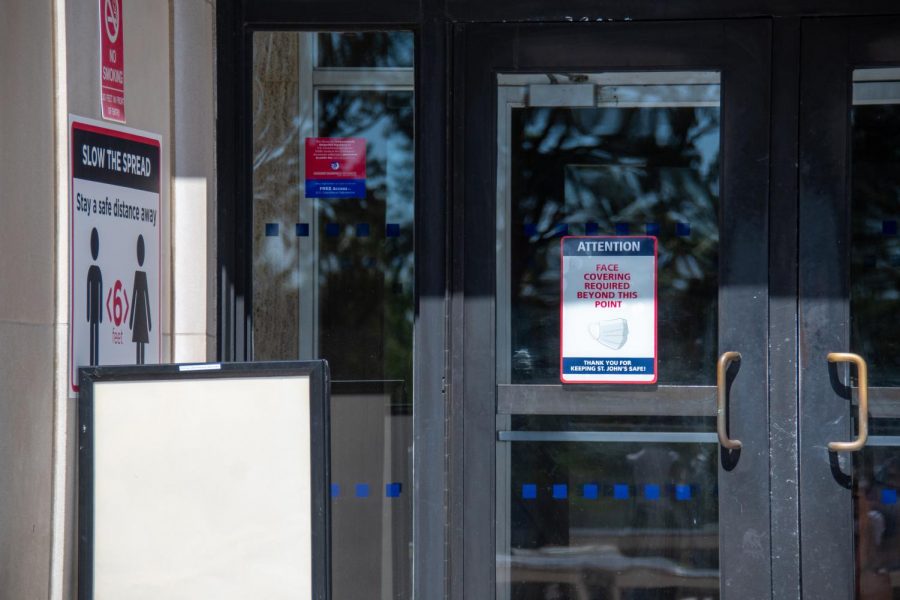

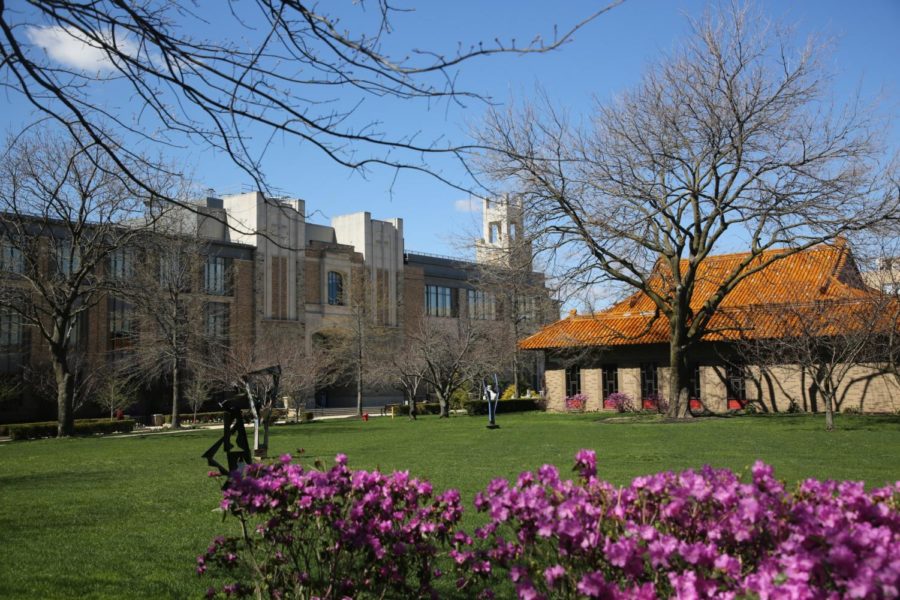


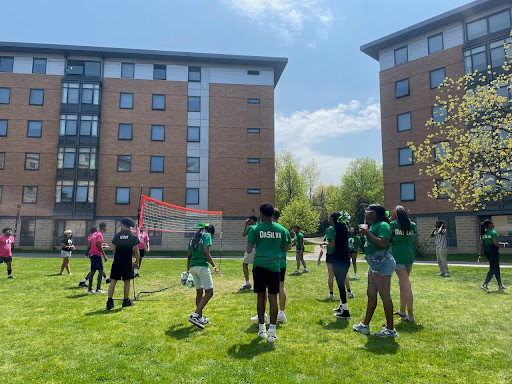
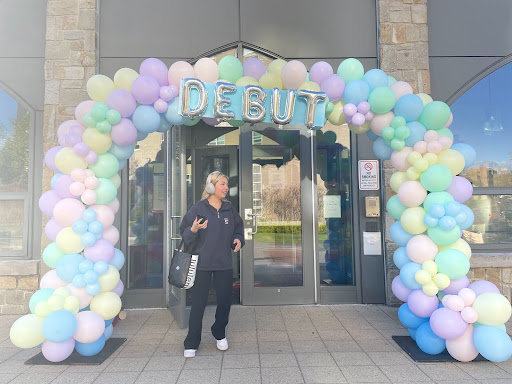

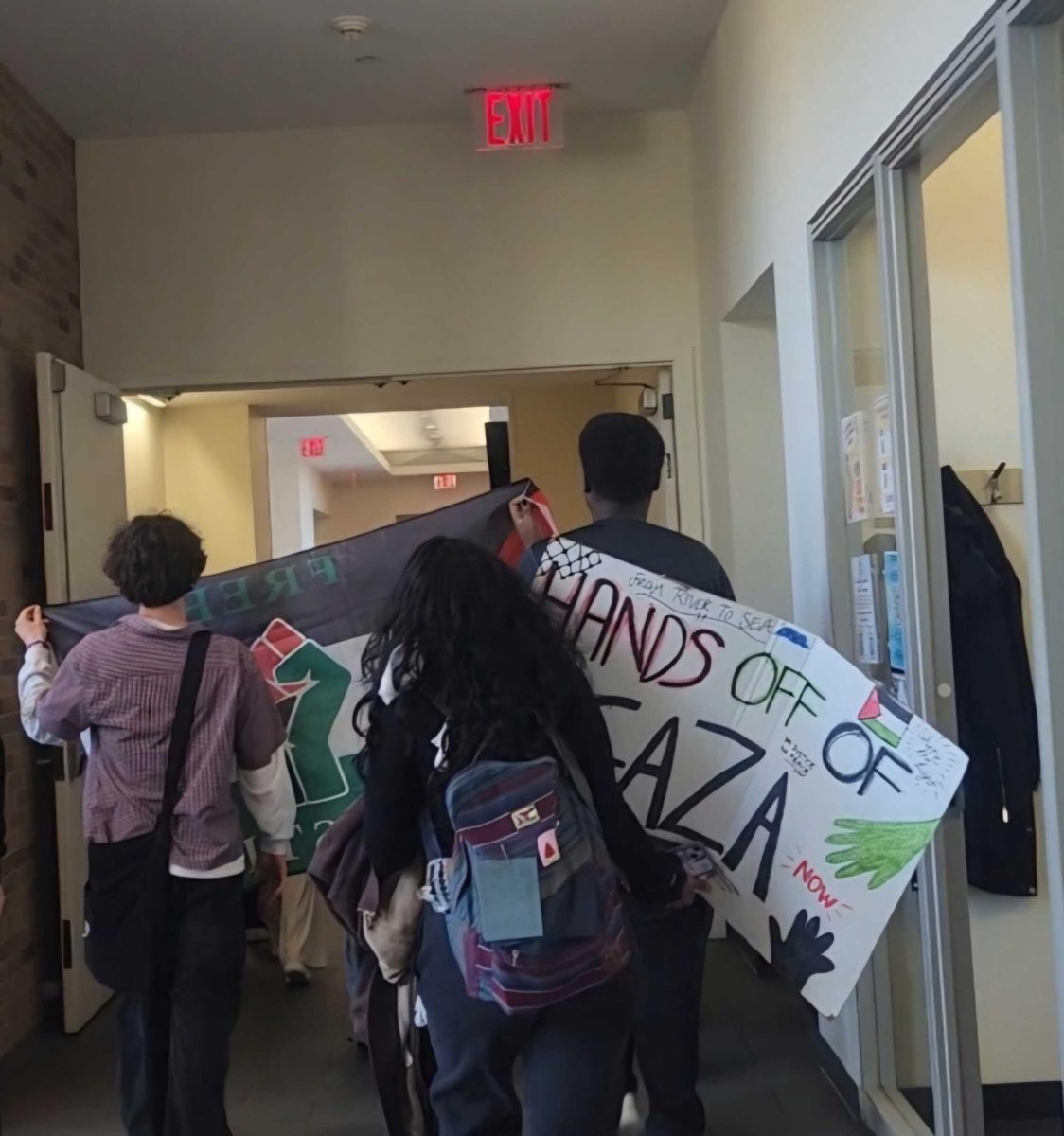
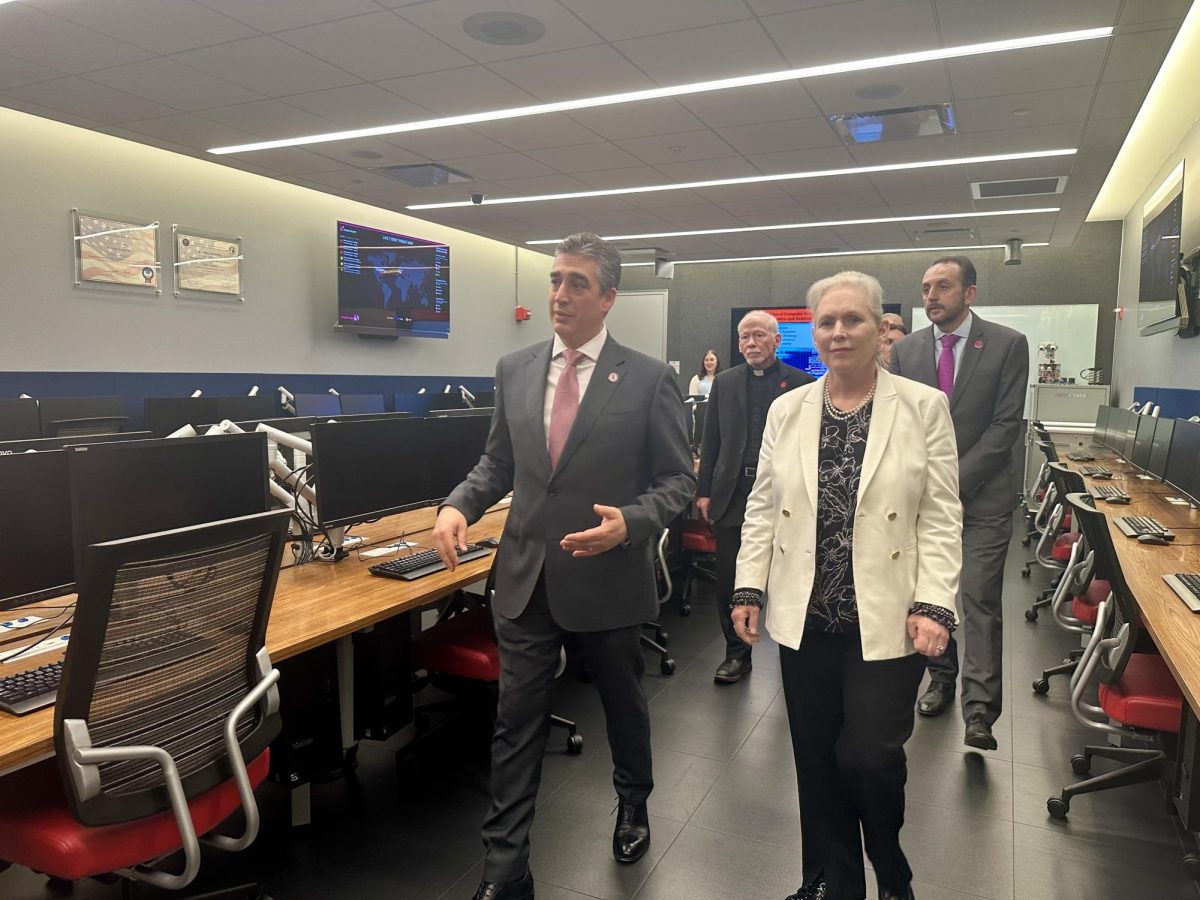


Leonel • Apr 25, 2022 at 2:41 am
I like your topic. I will share for u a website to download and zoom any picture on Instagram